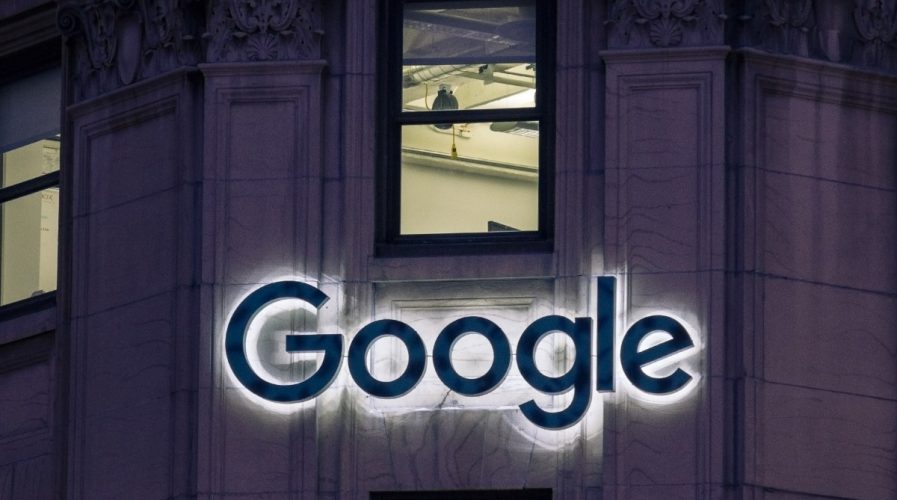
Alphabet can’t give up on China, home to the biggest Internet market in the world. Source: Shutterstock
Google reaches agreement with Indonesia in tax bill squabble
FOLLOWING a drawn-out dispute over Google Inc.’s insufficient tax payments, the Indonesian government and the technology giant have settled on a deal for the 2016 financial year, according to the Finance Minister Sri Mulyani Indrawati on Tuesday.
“We already have an agreement with them based on 2016. But we can’t disclose the figure,” he told Reuters.
The squabble broke late last year when the Indonesian government claimed Alphabet’s subsidiary had failed to pay as much as IND325.98 billion (US$73 billion) worth of taxes since 2011. The number was calculated off the search company’s advertising revenue, though Google have repeatedly denied the accusations.
SEE ALSO: Indonesia rejects Google tax settlement deal as ‘too small’, continues investigations
Should Google be found to have avoided tax payments, they could face huge fines amounting to more than US$400 million for the 2015 financial year alone. The minister was not forthcoming over whether they would be pursuing other years’ worth of taxes.
Google has come under fire recently in tandem with Indonesia’s zealous quest after tax evaders. The government has been looking for sources of income that could potentially fund an ambitious infrastructure program under President Joko Widodo’s government, as well as shrink their budget deficit.
Indonesia isn’t alone – governments all over the world have become increasingly focused on rounding up large corporations who have subtly evaded paying their taxes in full. Many of those companies come from the technology and Internet sphere, as it is in Thailand where a major crackdown is underway.
In 2016, the British tax authority settled a GBP130 million (US$164 million) bill on Google, who agreed to pay.
SEE ALSO: India’s new tax plan could boost logistics and e-commerce economy
Indonesia remains a huge market for Google, and getting into a spat with the local government could result in serious obstacles to their digital advertising revenue. According to government officials in the tax department, despite Indonesia generating millions of dollars of revenue for the company, the company had booked higher returns at their Singapore headquarters.
Until the announcement of the deal, the feud between the two parties had gotten increasingly bitter.
The country’s media regulator noted Google and Facebook alone accounted for 80 percent of the country’s total US$800 million digital advertising revenue. Google countered by saying that 2015 was a year with poor returns, coming in at only US$300 million.
READ MORE
- Ethical AI: The renewed importance of safeguarding data and customer privacy in Generative AI applications
- How Japan balances AI-driven opportunities with cybersecurity needs
- Deploying SASE: Benchmarking your approach
- Insurance everywhere all at once: the digital transformation of the APAC insurance industry
- Google parent Alphabet eyes HubSpot: A potential acquisition shaping the future of CRM
